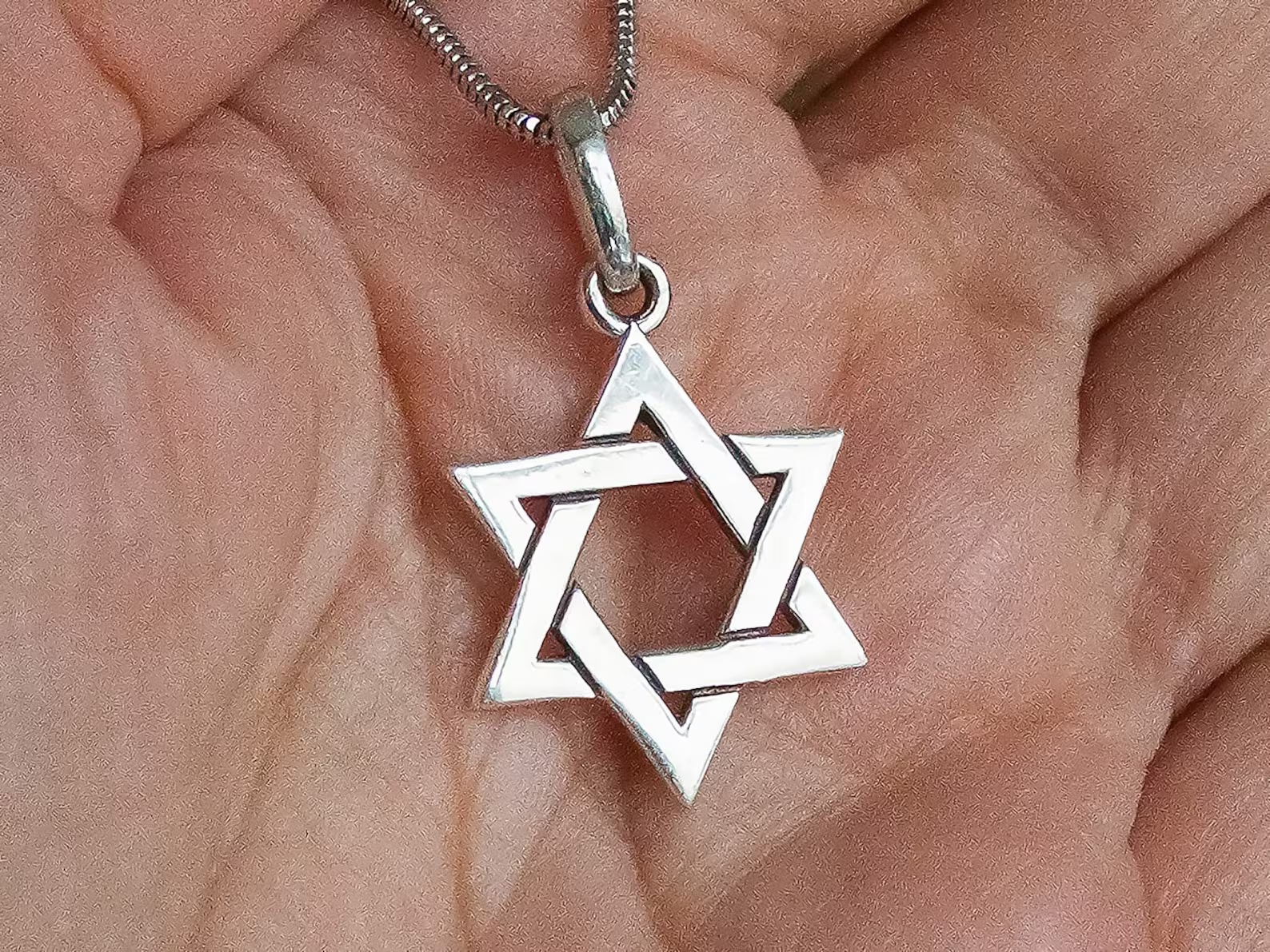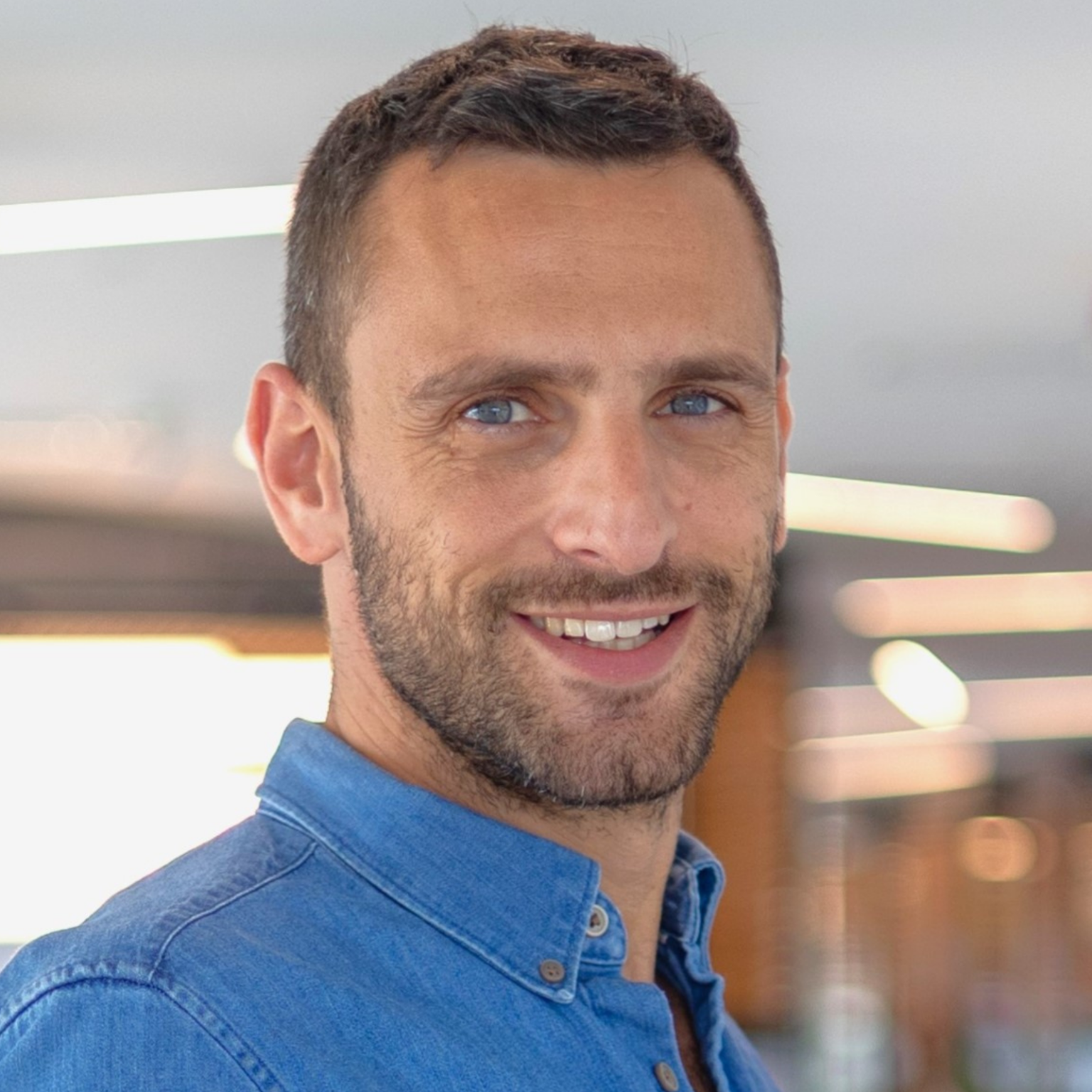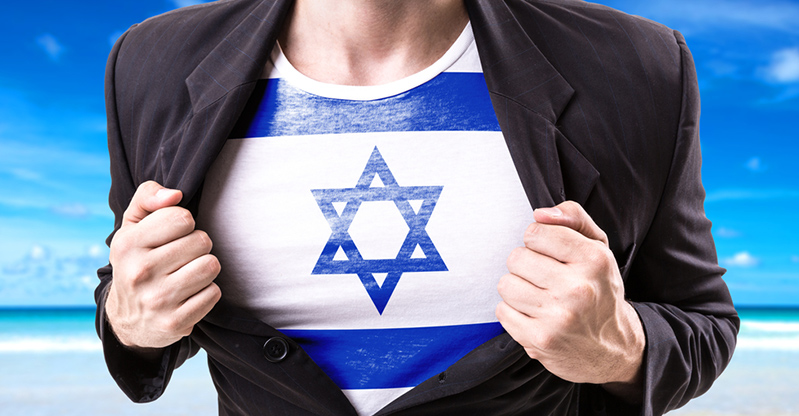CHAPTER 6. THE FLOW OF INFORMATION
Economic intelligence is a way of thinking that allows for the interpretation of information for action and a mode of action for sharing information to improve performance. It allows a move from adaptation to anticipation, and provides start-up leaders with not just potentially feasible scenarios but with interpretations and mental patterns to better manage uncertainty and complexity. It is also a set of principles, often common sense, that prevents underestimating the competition and adopting a form of intellectual modesty.
Faced with increasingly strong competition from Russia, India, and China, industrialized countries seek to master and profit from technical information, as the strategic management of information has become one of the essential drivers of overall business and national performance. Furthermore, to preserve its sovereignty, no nation can do without counter-economic intelligence. The protection and maintenance of economic competitiveness is increasingly a concern for many governments.
Each state strives to play a crucial role in defining the strategic orientations essential to its businesses, and in that of the national information system. As a result, support in terms of economic information (especially in terms of exports) is generally the responsibility of services that depend on government institutions in one way or another.
A comparative analysis of economic intelligence in the most competitive economies reveals that the main powers have long developed economic intelligence systems that have allowed them to increase their market share while preserving their jobs.
In the current context of exacerbated competition, an analysis of the most successful foreign systems is a necessity for Israelis. The more aggressive competitive context in recent years (price decreases, globalization and technological disruptions) has favored the emergence and formalization of economic and competitive intelligence among Israelis. This is one of the secrets of their competitiveness.
This Israeli attitude is, as everywhere, linked to culture. It can be seen that the practices of economic intelligence have their roots in Jewish history and culture and are often the expression of national ambition and solidarity. All Israelis know that the survival of their nation depends on their ability to observe and understand their immediate environment but also the transformations affecting the Middle Eastern sphere and, more generally, the new paradigms induced by globalization. As a result, the Israeli economic intelligence system has its own unique characteristics and, in light of the success of Israel Valley, they take on all their meaning and dimension.
The case of Israel is similar to that of Sweden. This country has compensated for its geographical and economic handicaps by developing a strategy based on information engineering. Historical and cultural foundations facilitated the formation of business partnerships and a famous cooperation between the business community and unions.
Operational Monitoring
Israel has a major advantage: a built in practice of economic and competitive intelligence. The country has become, in a few years, a high-performing « Silicon Valley, » connected to many other global technology centers due to its ability to detect major opportunities and new trends.
Mastering information no longer only concerns products, customers, competitors, technologies, or suppliers.
Operational intelligence is therefore used to detect areas of ignorance (blind spots from which a strategic break may come) but also to detect new entrants (it is better to buy an innovative « start-up » cheaply than to pay for a larger company).
Beyond operational intelligence, it is also important to have a good understanding of the mental models of partners and competitors (including building psychological profiles).
Opening and Decompartmentalization
We have mentioned that Israel’s human shield is strong due to its immigration and international culture: it is natural in the Jewish state to speak several languages, typically three (Hebrew, English, and possibly Arabic, and a family language or school language).
The cultural coherence of Israel, combined with the inventiveness multiplied by the cosmopolitan origins of the population, allows for an intense and rapid information exchange. The notion of serendipity is a characteristic of Israeli societal behavior, within which geographic proximity, multiculturalism, and network culture favor exchange, unexpected encounters, and spontaneous opportunities. Multiculturalism finds concrete reality in Israel: 80 languages spoken by men and women from 130 different countries who live, exchange, and work together.
But this multiculturalism could not find such concrete reality without an organization like the Jewish Agency, created in 1929. Originally a de facto government for the Jewish population in Mandatory Palestine, it is now a government agency responsible for immigration within the diaspora and welcomes new immigrants. A unique organization in the world, it has managed the immigration of several million people and is assisted in its mission by many associations. One of the most important, Nefesh B’Nefesh, encourages immigration from Jews in North America and the UK. Founded in 2002, its main mission is to reduce the financial, professional, logistical, and social difficulties faced by new immigrants upon their arrival in Israel.
More broadly, the state knows the price of blood too well to tolerate outdated compartmentalizations. Solidarity and hospitality have a concrete reality in Israel. During the Lebanon war, up to 10% of the Israeli population moved to protect themselves from Hezbollah missiles. What elsewhere might have raised huge logistical problems was resolved in this way: everyone opened their homes and agreed to host strangers.
Sar-El was created by General Aharon Davidi in 1982 during the first Lebanon war. In April 1982, as many civilians were being called up, the orange harvest could not be carried out. Many foreign volunteers came to show their solidarity with Israel and replaced the Israelis called up to the front to carry out the harvest. This is how Sar-El was born, which has since welcomed 200,000 civilian volunteers, young or retired, who serve in logistics functions within Israeli military bases. On average, about 4,000 volunteers serve each year, typically for three weeks and for some for more than twenty years. After this experience and the interaction created with the soldiers, many decide to make aliyah and sometimes to enlist. Aharon Davidi, who died in 2012, was the founder with Ariel Sharon of the 10126 unit and received the Israel Prize ten years ago, not for his military feats but for his social contribution through Sar-El.
Israelis naturally address each other informally, approach each other very easily, and do not consider exchanging ideas as a threat but as an asset… and may the best man win! Competing does not prevent one from wanting to be a good citizen in one’s community. Living in a small country surrounded by large neighbors creates a strong sense of mutual responsibility.
Offensive Observation
Offensive observation is one of the strengths of Israeli economic intelligence. An offensive intelligence culture is one where everyone has a keen eye on their environment.
Again, going through the army develops qualities that Israelis demobilized apply when they join the business world.
This offensive observation is based on the measurement of hostile movements, but also the attention paid to team members and their security. This approach is extremely practical. In an innovative environment, Israelis often practice « disassembly », acquiring a product to be inspired by it without suffering from the « not invented here » complex. Translated literally by the formula « not invented here », it refers to a syndrome suffered by a company redeveloping a product that already exists, on the pretext that it was not designed or developed in-house. Organizing intelligence collection, optimizing the processes of valuing the right information, making the company and its decision makers more intelligent and action-oriented become tools of sovereignty that ensures the sustainability of the company. This is the case with Israelis who, like the Japanese who started with simple imitations, gather as much data as possible at trade fairs and industrial and commercial shows: company managers buy many samples, and meticulously follow the evolution of catalogs.
In all international security-related trade fairs, such as the Milipol international trade fair in Paris, which is strictly reserved for professionals in the field of internal security, Israeli firms are present.
Networks and Networking
Israelis are successful in networking, the ability to weave networks and make them thrive. According to a survey, Israel is the country where people spend the most time on social networks, with no less than 3.4 million users (almost half of the country’s population) constantly surfing sites such as Facebook, Twitter, or LinkedIn. Professionals are not left behind, as many small Israeli bosses have a lot of information about other markets through their networks of contacts and business, allowing them to keep an eye on trends at a low cost.
Israeli social networks are woven in all sectors of activity and cross borders. There are many networking activities in academic and business sectors, but also in the religious sphere. For example, over 800/1000 Israelis were trained at the European Institute of Business Administration (INSEAD) in Fontainebleau, a prestigious institution that allowed them to later shape a network of alumni with close links.
In the religious sphere, Chabad Houses (Jewish community centers) scattered around the world in urban centers, suburbs, and university campuses constitute a unique network that meets the needs of the Jewish community by offering religious services and Torah lessons, but also by welcoming tourists or business people for a Shabbat meal.
Digital Life Design (DLD) is a striking example of an international networking event with a high proportion of Israelis among its participants. In fact, over 40% of participants in this event, which attracts many investors, innovators, and economic leaders from Europe, the Middle East, the United States, and Asia, are Israelis. Originally organized in Germany in Munich, the event was hosted by Yossi Vardi in Tel Aviv in 2011 and has since been under his supervision.
Some events also promote these transfers of information: since 2011, the French Embassy in Israel has organized the Doing Business with France seminar, exposing the French market, its particularities, and its advantages to Israeli companies that may want to invest in France and create fruitful partnerships.
On a more international and financial scale, Go4Israel, formerly known as Go4Europe, is one of the most prestigious Israeli business conferences. Organized by the investment bank CIH (Cukierman & Co Investment House Ltd) and its investment fund Catalyst Fund L.P., its goal is twofold: to make international markets known to Israelis and Israel to foreign investors. The themes discussed during the conference focus on the main industries: life sciences, ICT (information and communication technologies), renewable energy, and finance: mergers and acquisitions, capital raising, and investment markets.
A part of the 4 billion euros of transactions made by CIH and Israeli companies abroad was born out of formal or informal meetings around Go4Israel. Over the years, Israeli and international political figures such as Ariel Sharon, Ehud Olmert, Benjamin Netanyahu, Ronnie C. Chan have opened the conference, and foreign business leaders such as Calyon, Everbright, Hang Lung Properties, Crédit Agricole, Credit Suisse, Nokia, Deutsche Telekom, PricewaterhouseCoopers, Deloitte, London Stock Exchange, Mishcon de Reya, Alcatel, Schneider Electric, Colony Capital, Publicis, Rothschild, SEB Asset Management, Sanofi-Aventis, Novartis and NYSE Euronext participated in debates.
The next Go4Israel will take place in Shanghai in 2018 to introduce Israeli high-tech to the international community, the internationalization of this conference having become necessary.
The Secret Taste
Israeli intelligence agencies are recognized worldwide for their skills related, of course, to security considerations. In 1967, after the Six-Day War, General de Gaulle’s France declared an arms embargo on sales to Israel and therefore did not honor an arms contract with Israel. Five guarded patrol boats in the Cherbourg commercial port were stolen by the Mossad under the cover of a fake Norwegian shipping company.
This international recognition certainly stems from these famous operations that marked the best times of the Mossad, such as the kidnapping of Nazi war criminal Adolf Eichmann or the heroic acts of one of the most famous secret agent, Eli Cohen. He became a secret agent in Egypt, an Arab merchant in Argentina, and then a military advisor in Syria where he was almost considered for a position as assistant to the Minister of Defense. He provided a lot of strategic
information to the State of Israel before being uncovered by the Syrian authorities and then executed in public. His contributions were acknowledged as decisive for the outcome of the Six-Day War. He managed to visit the Syrian fortifications on the Golan Heights and reported the disposition of Syrian bunkers and firing bases to the Israeli secret services. He suggested to Syrian officers that eucalyptus trees be planted around the bunkers, officially claiming that these trees could serve as natural shelters for advanced positions. This allowed the soldiers of Tsahal to easily locate the bunkers during the bombing of the conflict. A hero in Israel, streets, gardens, and even a village in the Golan Heights bear his name today.
This cult of secrecy is omnipresent in the army. Each military document is marked with a confidentiality level. Young recruits serving in special units such as Sayeret Matkal (counter-terrorism and military intelligence), Shaldag (air force commandos), or Shayetet (special naval forces) will not talk about it to their close friends or even family.
In terms of monitoring and intelligence, Israel has developed a strong capability for detecting weak signals and are part of the defense strategy.
This competence is also reflected in terms of economic intelligence. Many Israelis have been trained in the army and Mossad intelligence services. They have developed a special competence in gathering and processing sensitive information, which is extremely useful and easily transferable to their professional activity. Check Point, NICE, AudioCodes are all Israeli high-tech companies and have one thing in common: most of their executives and employees passed through Unit 8200 during their military service. It is very famous in Israel for its effectiveness and is responsible for the collection of electronic and electromagnetic intelligence and also has a unit specialized in cryptography (encryption and decryption). It includes high-level experts in exploiting vulnerabilities, otherwise known as « hackers », some of whom were actually hackers before they were spotted by the army. It’s somewhat equivalent to the US NSA (National Security Agency), except that this unit is fully integrated within the Ministry of Defense.
8200, Talpiot, Mamram are all mythical names, but above all, elite units that are overwhelmed with requests from young people who want to join, and which are accessible to the gifted. Although the training is difficult in inhospitable bases in the deserts of Judea or the Negev, they have in mind the success of their predecessors in high tech. At Glilot, the base of the unit in the suburbs of Tel Aviv, the result is the creation of informal but highly competent teams of entrepreneurs in uniform. Isn’t this unit, as the New York Times widely reported, the origin of difficulties in the Iranian nuclear project’s computer system?
The Export of Counter Terrorism
In terms of counter-terrorism, Israel has acquired certain expertise, and the knowledge accumulated in this field has been widely sought after following the 9/11 attacks in the United States. If thirty years ago, foreigners thought of Jaffa oranges when they talked about Israel, today they more easily remember the drones and counter-terrorism methods.
The country has a long experience in this field, having had to face it from its very first hours of existence.
When measures are taken to block some attacks, terrorists invent new ways to inflict damage on their targets. Thus, after a series of hijackings of airplanes in the 1960s that forced Israel to strengthen its air security, terrorists targeted the state’s embassies. Once their security was reinforced, terrorists started attacking markets, buses, and pedestrians in Israeli cities. Counter-terrorism tactics must therefore constantly adapt to new forms of attack and try to anticipate future methods. According to a former head of the Israeli secret services (the Mossad), « fighting terrorism is like boxing – you win with your fists ».
The rudimentary but very effective tactic of the suicide bombing attack was initiated by Hezbollah. Committed for the first time on October 23, 1983, a double suicide bombing with booby-trapped trucks against barracks resulted in the deaths of 241 American soldiers and 58 French soldiers. Eleven years later, on April 6, 1994, Hamas revived this tactic and a car exploded in a suicide bombing near a crowded Israeli bus in the city of Afula. Since then, all terrorist groups have recruited, indoctrinated, and equipped hundreds of men and women.
Israel has learned over the years to face this permanent threat and to develop techniques to deal with it. However, historical experience has shown that it is a tenacious phenomenon and total victory is rare.
Israelis have become experts in this field and have opened institutes where they now teach this discipline. The Interdisciplinary Center in Herzliya is one of the leading institutes in the field and attracts thousands of students, Israelis, foreigners or new immigrants, each year eager to assimilate its techniques. The university houses the International Institute of Counter-Terrorism and features numerous personalities who have participated or are still participating in the most delicate operations. In September 2016, it hosted its 16th Global Counter-Terrorism Summit.
Founded in 1996, the Institute is a leading academic academy in teaching counter-terrorism methods around the world, while facilitating international cooperation. It is an independent think tank that provides expertise on terrorism, counter-terrorism, internal security, vulnerability and risk assessment, and defense policy analysis.
The United States is the first to adopt Israel’s teaching in this field. Both countries are indeed the preferred targets of extreme Islamist terrorists, and the lessons learned by the Israelis are used by the Americans in their campaign against terrorists. At the same time, they face different security challenges: while Israel’s survival is at stake in the fight against terrorists, its impact does not have the same dimensions in the United States.
The International Counter-Terrorism Institute is working to mobilize and export its knowledge to as many countries as possible. It organizes seminars and conferences around the world every month to raise awareness among national leaders and experts on the issue of terrorism.
CHAPTER 7 THE TECHNOLOGY INCUBATORS
Convinced that the cou




